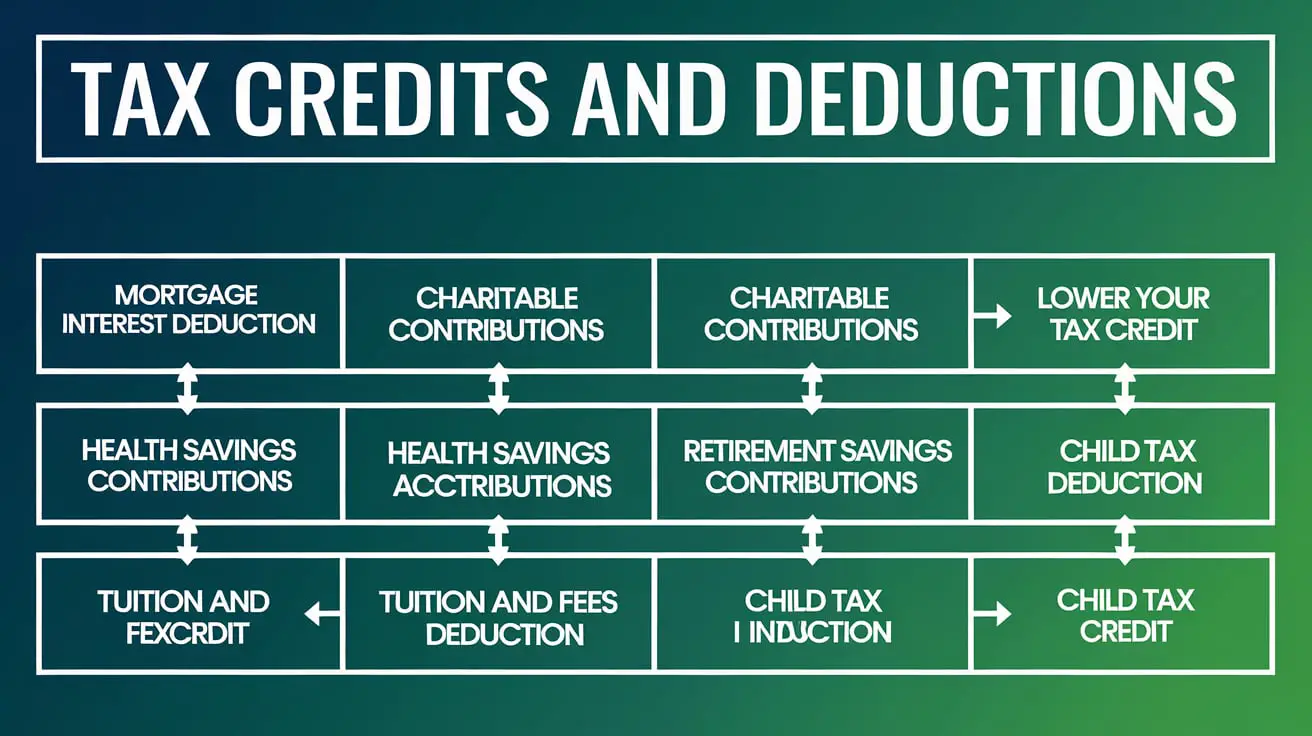Federal Solar Tax Credit (ITC) Overview
The Federal Solar Tax Credit, also known as the Investment Tax Credit (ITC), is a significant incentive for homeowners considering solar panel installations. This tax credit reduces the cost of solar energy systems, making it an attractive option for those looking to invest in renewable energy. In this article, we’ll explore the ins and outs of the ITC, including how it works, eligibility requirements, and its impact on green home improvement loans.
What is the Federal Solar Tax Credit (ITC)?
The Federal Solar Tax Credit allows homeowners to deduct a percentage of the cost of installing a solar energy system from their federal taxes. Originally introduced as part of the Energy Policy Act of 2005, the ITC has become a key driver in the adoption of solar energy across the United States.
How the ITC Works
The ITC provides a substantial financial benefit to those who install solar panels. For example, if you install a solar system costing $20,000 and the ITC rate is 30%, you can claim a $6,000 tax credit. This credit directly reduces the amount of tax you owe. Importantly, the ITC is a direct reduction rather than a deduction from taxable income, making it a powerful tool for lowering your tax bill.
Eligibility Criteria
To qualify for the ITC, the solar energy system must meet certain criteria:
- System Must Be Installed on a Property You Own: The system needs to be installed on a property you own and use for personal purposes.
- The Installation Must Be Completed Before the Deadline: The ITC rate varies depending on the year of installation. For instance, the credit was 26% for installations in 2022 and 2023. It is expected to decrease to 22% for installations in 2024, and may further decrease if not extended by Congress.
- The System Must Be New: Only new solar panel systems qualify; used systems do not qualify for the ITC.
Benefits of the ITC for Solar Panel Installations
The ITC offers several benefits that make it a compelling option for those investing in solar energy.
Significant Cost Savings
The primary advantage of the ITC is the cost savings. By reducing the upfront cost of solar panels, the ITC makes it more feasible for homeowners to invest in renewable energy. This not only helps to make solar energy more accessible but also encourages more widespread adoption.
Increased Home Value
Homes equipped with solar panels often see an increase in value. Potential buyers may be willing to pay more for a home with solar energy capabilities due to the lower energy bills and environmental benefits. The ITC amplifies this benefit by reducing the initial investment required.
Environmental Impact
By investing in solar panels, homeowners contribute to a reduction in greenhouse gas emissions and reliance on fossil fuels. The ITC supports this effort by making solar energy more affordable, thus promoting a cleaner, more sustainable future.
How to Apply for the ITC
Applying for the ITC involves a few straightforward steps, but it’s essential to ensure all requirements are met to take full advantage of the credit.
Gather Necessary Documentation
To claim the ITC, you’ll need to provide documentation of your solar panel installation, including invoices and receipts. This documentation proves the cost of the system and ensures that you meet all eligibility requirements.
Complete IRS Form 5695
You must complete IRS Form 5695 to claim the ITC. This form is used to calculate your credit and report it on your federal tax return. Instructions for completing the form are available on the IRS website.
Claim the Credit on Your Tax Return
After completing IRS Form 5695, you’ll need to attach it to your federal tax return. The credit will be applied against your total tax liability. If the credit exceeds your tax liability, you can carry the excess forward to future tax years.
Federal Solar Tax Credit vs. Green Home Improvement Loans
When considering financing options for solar panel installations, it’s helpful to compare the ITC with green home improvement loans.
Comparison with Green Home Improvement Loans
Green home improvement loans are designed to finance energy-efficient home upgrades, including solar panels. Unlike the ITC, which directly reduces your tax bill, these loans provide upfront financing that you repay over time.
Advantages of Loans for Solar Panels:
- Immediate Financing: You receive funds upfront, allowing for immediate installation.
- Flexible Terms: Loans often offer various terms and repayment options, which can be tailored to your financial situation.
Advantages of the ITC:
- Tax Credit: The ITC is a direct reduction in your tax bill, offering significant cost savings.
- Incentive to Invest: The ITC encourages the adoption of solar energy by reducing the financial burden.
Combining ITC with Loans
You can combine the ITC with loans for solar panels to maximize your financial benefits. By using a loan to cover the installation costs and claiming the ITC, you can reduce your overall financial outlay and benefit from both financing options and tax credits.
Frequently Asked Questions (FAQs)
1. How does the ITC affect my federal tax return?
The ITC reduces the amount of federal income tax you owe. For example, if you owe $10,000 in taxes and qualify for a $3,000 ITC, your tax liability is reduced to $7,000.
2. Can I claim the ITC if I lease solar panels?
No, the ITC is only available for homeowners who purchase and install solar panels. If you lease your solar system, the credit generally goes to the lessor, not the homeowner.
3. What happens if my tax liability is lower than the ITC amount?
If your ITC exceeds your tax liability, you can carry over the unused portion to future tax years. This carryover can continue until the entire credit is used.
Conclusion
The Federal Solar Tax Credit (ITC) is a powerful incentive that makes solar panel installations more affordable and attractive. By reducing upfront costs and offering significant savings, the ITC encourages homeowners to invest in solar energy. Whether you are considering the ITC alone or in combination with green home improvement loans, understanding its benefits and application process can help you make the most of this valuable opportunity.







